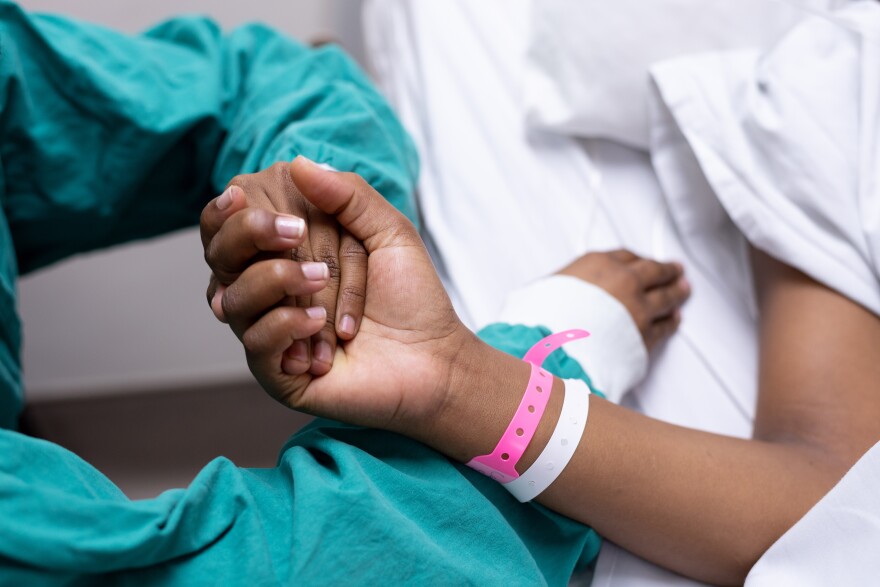A state of Wisconsin panel that will look at health disparities is getting underway.
It’s a follow-up to six months ago, when Wisconsin Gov. Tony Evers signed an executive order creating a Health Care Equity Council. Evers said the aim is to address health disparities based on race, economic status, education level, history of incarceration, and geographic location.
A UW-Madison report card in 2016 gave Wisconsin a “D” on disparity, based on the health of different groups of people compared to their peers of the same age in Wisconsin, or other states.
Evers announced the members of the Equity Council Wednesday morning, and later in the day, spoke via the internet to the group's first meeting. Evers says he hopes the council looks at how various factors can affect health outcomes.
"In other words, we have to connect the dots. Whether it's economic policy, environment, access to health care, housing, or systemic racism that plagues our communities,” Evers said.
Evers has named 33 people to the council — Black, white, Latino, Native American, and Asian American.
Some members are already connecting the dots. Dr. Jasmine Zapata is a pediatrician in Madison. She's Black and recalls how 10 years ago, she gave birth prematurely, resulting in her baby being in intensive care for three months.
"As I took her home, I felt, almost survivors' guilt. Like, why did my baby get to go home, but there are so many other babies that don't survive. And then, I began to look into the statistics that college-educated Black women have two to three times higher rates of infant mortality and premature birth than white women who are high school dropouts,” Zapata told the council.
Another doctor who's Black, Tito Izard of Milwaukee, told the council that he's also experienced health disparities. Just after college, his parents died while in their 50s. Later, he and his wife, also a Black doctor, lost their son.
"Of course, it's just an anecdotal experience. But looking at the data, you're not unique. And how we have to move away from everyone thinking it's just your individual behavior,” Dr. Izard said.
Izard says for Blacks born in the U.S., health disparities go back to being descendants of slaves. He says health equity should be one component of a comprehensive reparations plan.
The Governor's Health Equity Council is expected to come up with proposals next year. Their next meeting is in a few weeks.



